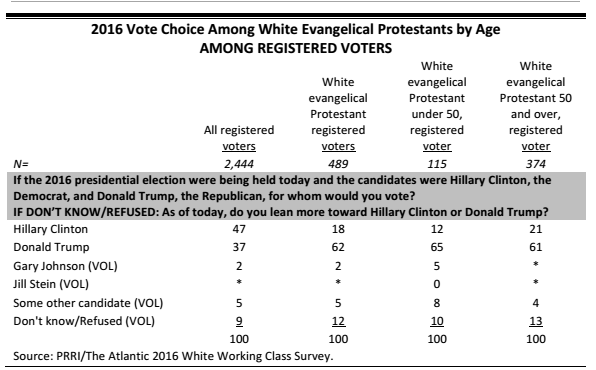Ergun Caner, under scrutiny for exaggerating his claim to have been a Muslim terrorist-in-training until rescued by a conversion to Christianity, has been demoted from dean of Liberty University’s Baptist Theological Seminary. However, he will remain on as a professor.
Last month, when Peter Montgomery’s exposé at AlterNet prompted Liberty to launch an investigation of Caner’s claims, I highlighted the point that by not truly dealing with Caner’s duplicity, Liberty may end up damaging its “Christian” credibility.
One of the early initial statements from Liberty declared that the institution allows its faculty a certain amount of “theological leverage.” However, the school also recently stated that Caner is being disciplined because of “self-contradictory statements” — what most people would call lies.
At the expense of real theology, Liberty, like many others in the evangelical right, appears to be investing in the “ex-Muslim” brand, an effort aimed at denigrating Islam to promote a simplistic salvation narrative.
Questions about other “ex-terrorists” have been raised for years. More recently, Omar Sacirbey, in this HuffPo piece, examines several other “ex-Muslims” who are promoted as evangelical Christians. Most notable in his list is Kamal Saleem, who worked for Focus on the Family, and claimed to be descended from the “grand wazir of Islam.”
Even though both Caner and Saleem told tales that could not reasonably be taken as true, they were elevated within their respective organizations. Their fictional vision of Islam gave them credibility as Christians within these organizations.
These evangelical organizations seem to be saying that belief in Christ is not a reward in and of itself, but the denigration and belittling of another tradition is what makes a good Christian. Even if one fabricates stories, it does not matter, because to be a good Christian is not about honesty or moral behavior, but about proving one’s superiority. Liberty’s vision of Christianity is a sad, empty shell, based on a capitalist model of success.
When I first wrote about the Caner spectacle, I started out discussing the poor brand image of Islam. But the real story here is that the cynical use of “ex-Muslims” creates a brand problem for evangelical, and perhaps other, Christians. For Caner’s defenders, it does not matter if Caner, in his youth, was being groomed to be a terrorist or not — his story is portrayed as plausible because Liberty gave his fabrications its imprimatur. Who looks bad, then, the Muslims writ large that Liberty is seeking to belittle, or Christians using false stories to defame Islam?




